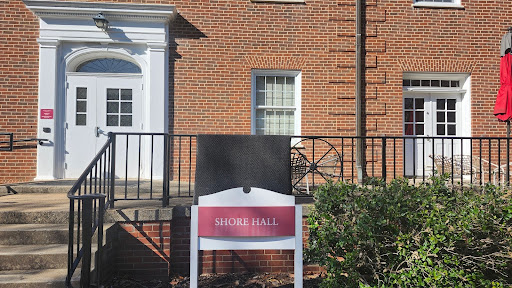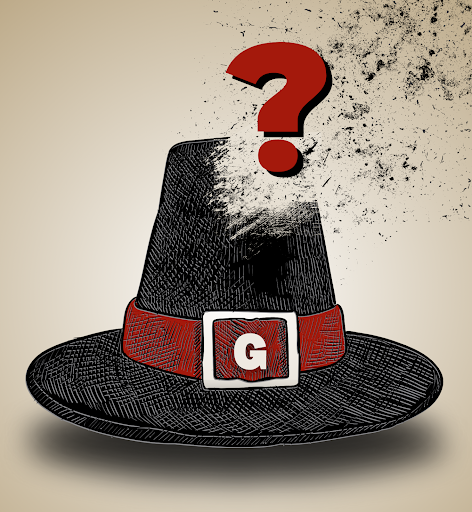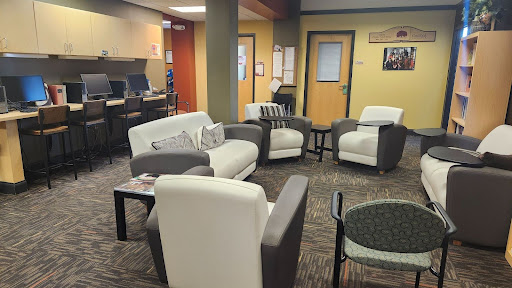Four hundred fifty-four.
That is the number of people denied votes in the last North Carolina primary due to new anti-fraud voting laws, according to Democracy North Carolina.
The voters denied were disproportionately minorities and Democrats, with the largest disparity among black voters. While only 19 percent of the voters in this primary were black, they accounted for 39 percent of the rejected votes.
These numbers have raised questions about whether the anti-fraud laws are being used for their stated purpose.
“Republicans evaluated why they lost the 2008 election, and they said the Obama campaign … used young voters and African-American voters, who used straight-ticket voting and same-day registration (both things eliminated by the new law),” Bob Hall, executive director of Democracy North Carolina, told The Guilfordian in a phone interview. “They were definitely cherry-picking.”
The DNC study focused on provisional ballots which raise questions about a voter’s eligibility, and are subject to review before being counted. According to Hall, Democracy North Carolina sorted through 3,000 of these ballots.
Many of these provisional ballots were counted after being reviewed, and others would have been rejected before the new voting laws. The 454 ballots selected, however, were not counted for one of two reasons — either the voter was in the right county but the wrong precinct or because they now could not use same-day registration during early voting. In either case, the ballot would have been counted under the old voting laws.
The numbers of voters denied a vote may have been higher than those recorded.
“There were probably many, many more who didn’t bother (filling out a provisional ballot),” said Hall.
Given that not all elements of the law have taken effect yet, including the controversial policy of having to show ID to vote, and that primary voters tend to be more educated on the voting process, the next major elections may show many more people being turned away.
This law has been criticized since it was enacted in 2013.
“Obviously this is a decision many people aren’t happy with, and voter registration was one of the major topics discussed at Moral Monday (statewide protests that began last year),” said junior Moira O’Neill.
The types of fraud addressed by the law, particularly impersonating someone else in order to vote in their name, are not common. The most recent statistics for the 2007 elections listed only two confirmed instances of impersonation according to the Institute for Southern Studies.
There are other types of fraud that may be causing issues, however, including people voting in two different states. Earlier this year, the State Board of Elections released a list of 35,750 people whose names and birthdates matched those of voters in other states during the 2012 elections. In 765 of these cases, there was a match with the last four digits of the voter’s social security number as well.
Even so, many feel the updates to the voting law are unnecessary.
“We all want elections to be fair … (but) we think putting additional burdens on voting is not the way to go,” Sarah Preston, policy director at the American Civil Liberties Union of North Carolina, told The Guilfordian in a phone interview. “Voters should be choosing their representatives, not the other way around.”
Democracy North has published a guide for student voters navigating the new laws for this year’s election. This year, students are not required to present photo ID unless they are new voters, but they must be registered by Oct. 10.












